Two New Tax Provisions May Soon Provide Emergency Relief

Perhaps you’ve been in this situation before: You have a financial emergency and need to get your hands on some cash. You consider taking money out of a traditional IRA or 401(k) account but if you’re under age 59½, such distributions are not only taxable but also are generally subject to a 10% penalty tax.
There are exceptions to the 10% early withdrawal penalty, but they don’t cover many types of emergencies.
Good news: Beginning in 2024, there will be new relief for some taxpayers facing emergencies. The SECURE 2.0 law, which was enacted late last year, contains two different relevant provisions:
1. Pension-linked emergency savings accounts. Employers with 401(k), 403(b) and 457(b) plans can opt to offer these emergency savings accounts to non-highly compensated employees. For 2024, a participant who earned $150,000 or more in 2023 is a highly compensated employee. Here are some more details of these new type of accounts:
- Contributions to the accounts will be limited to up to $2,500 a year (or a lower amount determined by the plan sponsor).
- The accounts can’t have a minimum contribution or account balance requirement.
- Employers can offer to enroll eligible participants in these accounts beginning in 2024 or can automatically enroll participants in them.
- Participants can make a withdrawal at least once per calendar month and such withdrawals must be made “as soon as practicable.”
- For the first four withdrawals from an account in a plan year, participants can’t be subject to any fees or charges. Subsequent withdrawals may be subject to reasonable fees or charges.
- Contributions must be held as cash, in an interest-bearing deposit account or in an investment product.
- If an employee has a pension-linked emergency savings account and is not highly compensated, but becomes highly compensated as defined under tax law, he or she can’t make further contributions but retains the right to withdraw the balance.
- Contributions will be made on a Roth basis, meaning they are included in an employee’s taxable income but participants won’t have to pay tax when they make withdrawals.
2. Penalty-free withdrawals for emergency expenses. This new provision is another way to get money for emergencies. As mentioned earlier, taking a distribution from an IRA or 401(k) before age 59½ generally results in a 10% penalty tax unless an exception exists. SECURE 2.0 adds a new exception for certain distributions used for emergency expenses, which are defined as “unforeseeable or immediate financial needs relating to personal or family” emergencies.
Only one distribution of up to $1,000 is permitted a year, and a taxpayer has the option to repay the distribution within three years. This provision is effective for distributions made beginning in 2024.
Guidance likely coming soon
These are just the basic details of the two new emergency-related provisions. Other rules apply and the IRS will need to issue guidance to address certain details. Contact us if you have questions or need cash and want to explore the most tax-efficient ways to tap one of your accounts.
© 2023
